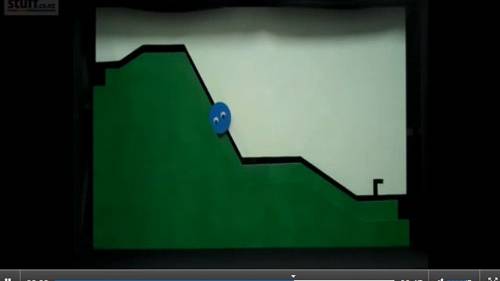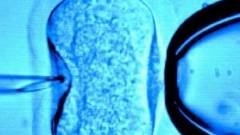Do Babies Have a Moral Compass? Debate Heats Up
Source: stuff.co.nz
It turns out babies don’t have a moral compass after all, New Zealand researchers have found.An Otago University study has quashed the findings of a landmark 2007 Yale study which found that infants could tell the good guys from the bad guys.
[Click here to see VIDEO which demonstrates the experiment]
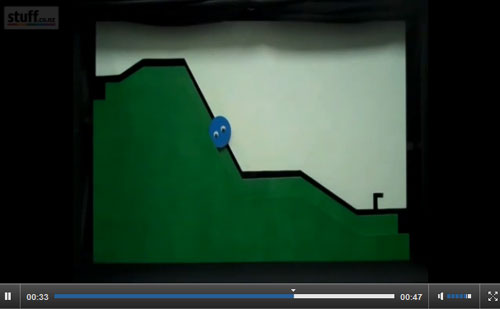
Screengrab from Otago Experiment
The prestigious university’s study became an international sensation as it was the first to suggest that babies could assess individuals on their behaviour towards others. The findings have become widely accepted since the study was published, and more than one hundred other research papers have referred to it, which is a signal of its success, Otago University postdoctoral fellow Dr Damian Scarf said.
But Scarf and his Otago University colleagues were suspicious of the Yale findings, and since discussing their own research with international colleagues, they’ve found out they weren’t the only ones.
The team decided to conduct their own experiment to see whether babies did indeed have a moral compass, or whether they just had a preference for "attention grabbing events".
They simulated Yale’s original experiment, which used wooden figures attempting to climb a hill.
In one scenario, babies would watch as another figure - the helper - would come and push the climber up the hill, and once it reached the top it would bounce, as if it was doing a little dance. Another scenario showed the climber reaching half-way and then being pushed down the hill by another figure, the hinderer. It did not bounce after reaching the bottom of the hill.
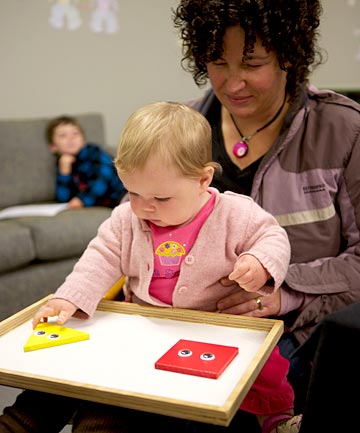 CHOICES: A baby selects its preferred character after watching them both attempt to climb a hill. |
The Otago University experiment used identical materials to the Yale study, the only difference was that the character’s eyes moved whereas they were fixed in the American study.
When replicating the Yale study, 12 out of 16 infants chose the helper over the hinderer. But then the Otago team changed things around, and made the climber who was pushed to the bottom of the hill do a dance, while the climber who was pushed to the top remained still. In this case, 12 out of 16 infants chose the hinderer over the helper.
When both climbers - one reaching the top with assistance from the helper and one being pushed to the bottom by the hinderer - did a dance, it was an even split, with eight infants choosing the helper scenario and eight choosing the hinderer scenario.
"We thought the infants were just associating the helper with the bounce. We thought if we switched just the bounce and kept everything else the same that it would be interesting to see what happens," Scarf said.
The study showed that morality was not innate, he said.
"It is something that develops with experience."
[...]
Read the full article at: stuff.co.nz
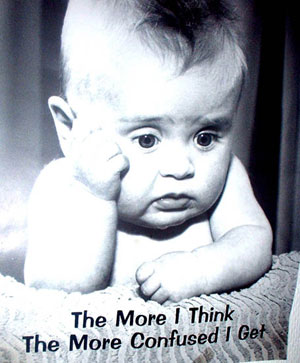
Also tune into Red Ice Radio:
Jeanice Barcelo - Hour 1 - Conscious Conception & Possession in the Womb
Jeanice Barcelo - Hour 1 - Hospital Birth Trauma & Baby Mutilation
Bruce Lipton - The Biology of Belief
Sonia Barrett - Hacking the Mind & Breaking Reality Codes
Lynne McTaggart - The Intention Experiment
